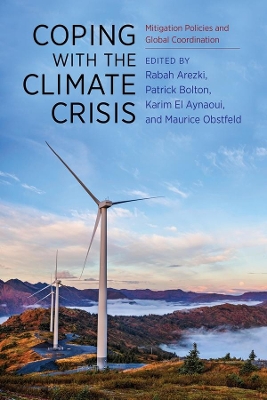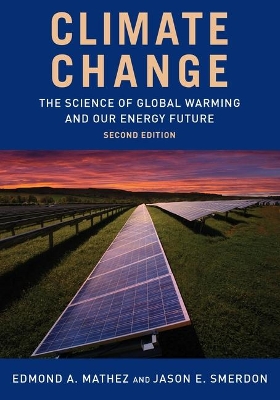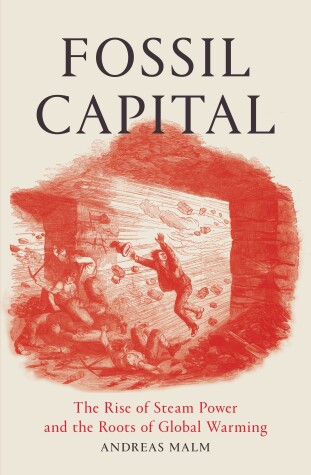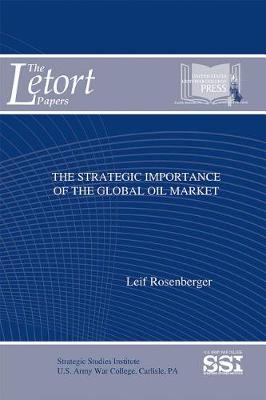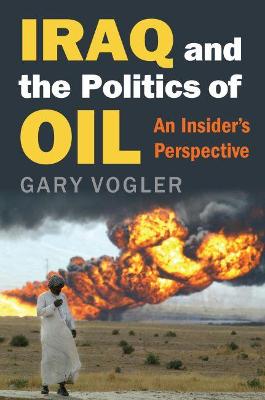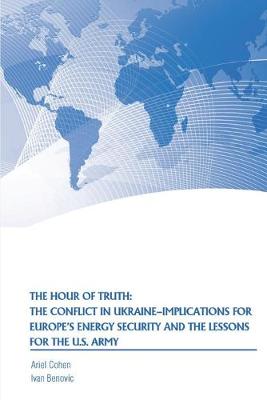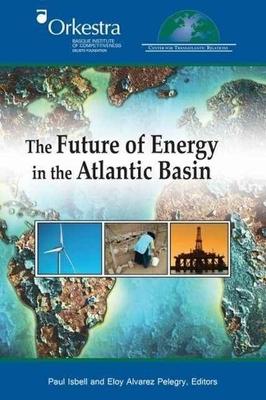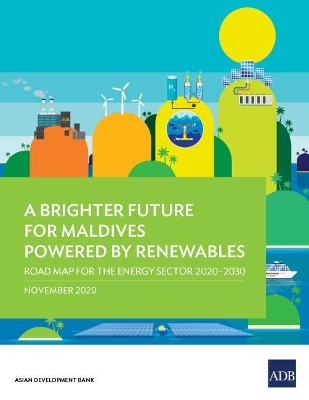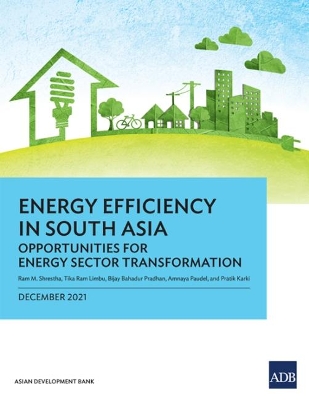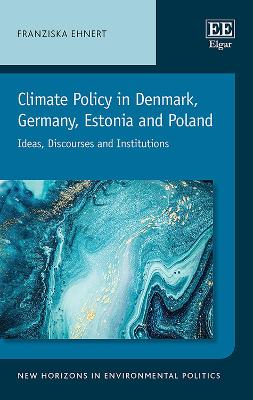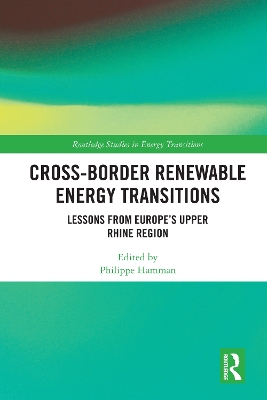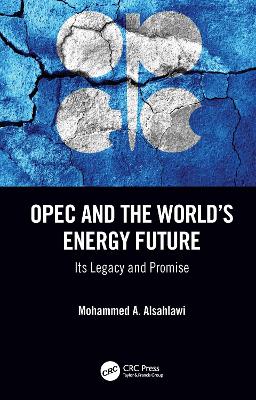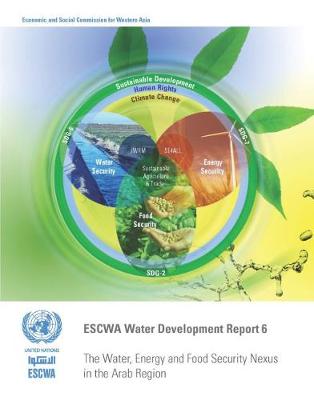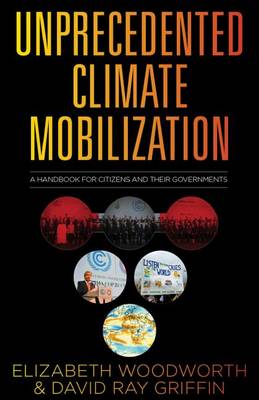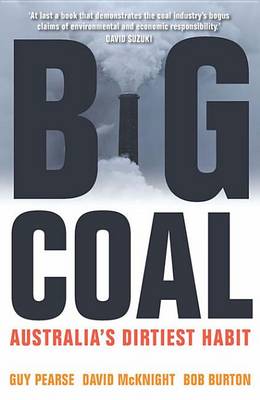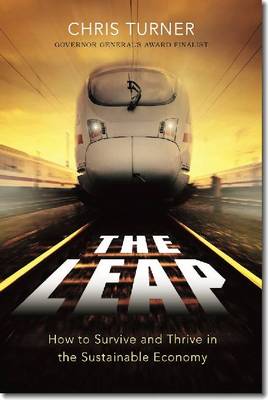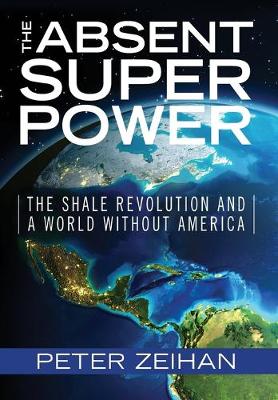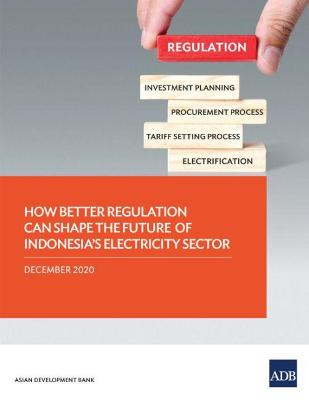Coping with the Climate Crisis
Reducing carbon emissions is the most complex political and economic problem humanity has ever confronted. Coping with the Climate Crisis brings together leading experts from academia and policy circles to explore issues related to the implementation of the COP21 Paris Agreement and the challenges of accelerating the transition toward sustainable development. The book synthesizes the key insights that emerge from the latest research in climate-change economics in an accessible and useful guide...
This second edition of Climate Change is an accessible and comprehensive guide to the science behind global warming. Exquisitely illustrated, the text is geared toward students at a variety of levels. Edmond A. Mathez and Jason E. Smerdon provide a broad, informative introduction to the science that underlies our understanding of the climate system and the effects of human activity on the warming of our planet. Mathez and Smerdon describe the roles that the atmosphere and ocean play in our clim...
The more we debate about the catastrophic implications of climate change, the more fossil fuels we continue to burn. How did we get caught up in this mess? In this masterful new history, Malm claims that it all began in Britain with the rise of steam-power. So why did manufacturers turn from traditional fuels, notably water, to steam? Overturning established theories of the transition and offering a radically new view of our warming world, this study shows how steam was adopted as a superior sou...
A glut of oil, dropping prices, the threat of insolvency, a divided membership -- these developments in the early weeks of 1985 underline the cogency of Mohammed Ahrari's historical study of the OPEC oil cartel and his argument that economic forces, not politics, determine OPEC's action in the world arena. The impetus for the formation of OPEC in 1960 was the desire of the oil-producing states for greater income from their most valuable resource. The international oil corporations had secured lu...
The Strategic Importance of the Global Oil Market (Letort Papers)
by Leif Rosenberger
Was the Iraq war really about oil? As a senior oil advisor for the Office for Reconstruction and Humanitarian Assistance (ORHA) and briefly as minister of oil, Gary Vogler thought he knew. But while doing research for a book about his experience in Iraq, Vogler discovered that what he knew was not the whole story-or even the true story. The Iraq war did have an oil agenda underlying it, one that Vogler had previously denied. This book is his attempt to set the record straight. Iraq and the Poli...
Energy Issues and Options for Developing Countries (Routledge Library Editions: Energy)
by United Nations
This work deals with enhanced oil recovery, small-scale hydropower programs, small energy packages, and application of microcomputer technology in energy planning and presents a sampling of the wide range and scope of technological development in the field of energy at present. Case studies of the applications have been included wherever possible. In this way, the DTCD hopes to interest governments in evaluating the importance of these technologies to their specific needs. The DTCD will then be...
The Hour of Truth
by Ariel Cohen, Ivan Benovic, and Strategic Studies Institute
Russian Oil Companies in an Evolving World
by Indra Overland and Nina Poussenkova
This book examines Russia's capacity to respond to a changing world through the lens of the country's oil industry. Against a backdrop of social, political and climatic change, Indra Overland and Nina Poussenkova present a systematic analysis of how modern energy developments in the form of shale oil, offshore oil and the global energy transition are handled. The book profiles Russia's five largest oil companies - Rosneft, LUKOIL, Gazprom Neft, Surgutneftegas and Tatneft - which are vital chan...
The Future of Energy in the Atlantic Basin
The product of strategic collaboration between CTR and Orkestra (Basque Institute for Competitiveness) at Deusto University, this volume draws out a broad new view of the future of energy in the Atlantic Basin. The author comprise a diverse range of Atlantic Basin energy thinkers and practitioners. They provide a multifaceted view of the new and evolving energy land- and seascapes of the Atlantic Basin, including the shale, offshore and low carbon revolutions. The overall result not only allows...
This publication serves as a guide for Maldives' energy transition-from being powered by costly and polluting fossil fuels to being sustained by clean and efficient renewable energy sources. Maldives has no proven fossil fuel reserves, but it has abundant renewable energy sources such as solar, wind, and ocean (tidal, wave, and ocean thermal)-with the potential to produce green hydrogen fuel. The coronavirus disease (COVID-19) pandemic has impaired the economy and severely affected the tourism...
This report reviews the energy landscape in Bangladesh, Bhutan, India, Nepal, and Sri Lanka with the aim of supporting improved energy efficiency in these countries and the rest of South Asia. Key sectors with the potential for significant energy reduction are identified for Bangladesh, Bhutan, Nepal, and Sri Lanka. The report analyzes the growth of energy consumption in each of the five countries as well as their major energy efficiency institutional arrangements, policies, initiatives and pro...
Winner of the 2019 Pulitzer Prize for General Nonfiction'At heart a David and Goliath story fit for the movies ... [A] valuable, discomforting book' The New York Times Book ReviewSeven years in the making, Amity and Prosperity tells the story of the energy boom's impact on a small town at the edge of Appalachia and of one woman's transformation from a struggling single parent to an unlikely activist.Stacey Haney is a local nurse working hard to raise two kids and keep up her small farm when the...
Trading Into a Bright Energy Future
by World Trade Organization Wto and International Renewable Energy Agency
Climate Policy in Denmark, Germany, Estonia and Poland (New Horizons in Environmental Politics)
by Franziska Ehnert
Ministerial administrations are pivotal in the process of defining problems and developing policy solutions due to their technocratic expertise, particularly when this process is applied to climate policy. This innovative book explores how and why policies are changed or continued by employing in-depth studies from a diverse range of EU countries. Climate Policy in Denmark, Germany, Estonia and Poland works to narrow the research gap surrounding administrative institutions within the field of...
Cross-Border Renewable Energy Transitions (Routledge Studies in Energy Transitions)
This book explores the intrinsically multiscale issue of renewable energy transition from a local, national and transnational perspective, and provides insights into current developments in the Upper Rhine Region that can serve as an international model. Organised around the exploration of stakeholder issues, the volume first describes a framework for public action and modelling and then articulates a triple complementary focus from the viewpoint of law, economics and sociology. This multidisc...
OPEC and the World's Energy Future offers a complete account of OPEC's past, present, and possible future in relation to economic, political, and technological changes. It focuses on the impacts of recent international political and economic developments and analyzes the factors affecting OPEC as well as the world oil market. Offers readers a thorough understanding of the interplay among international economics, politics, and technological advances and their effect on the world oil market Des...
This sixth issue of the ESCWA Water Development Report offers an analytical framework and a series of case studies for understanding the water-energy-food security nexus in the Arab region. The analytical framework considers the inter-linkages that affect the achievement of water security, energy security and food security through the lens of sustainable development and the achievement of the Sustainable Development Goals with a view to climate change and ensuring access to food, water and susta...
Unprecedented Climate Mobilization
by Elizabeth Woodworth and David Ray Griffin
It is now widely recognised that global warming poses an existential threat to the world as serious as nuclear war. And yet, despite the urgency, despite UN engagement, governments have not stepped up to the plate. The world desperately needs a deeply committed leadership and programme of action to deal with climate change. The global public's growing presentiment of the horrific impact of global warming has enormous potential to shift it into "emergency mode." In this context, pointing to Ameri...
Big Coal
by Guy Pearse, Professor of Anthropology & Political Science David McKnight, and Bob Burton
Former lobbyist and political insider Guy Pearse, media and politics commentator David McKnight and environment writer Bob Burton cut through the spin to expose the underbelly of an industry whose power continues to soar while its expansion feeds catastrophic climate change. They dissect the charm offensive (and muscle) the Australian coal industry uses to get its way, reveal the myth of `clean coal' and chart the stratospheric rise of a new generation of coal barons. Most contentiously of all,...
The crises in our economic system, our energy supply, and our climate are converging. Solving these crises requires a fundamental change in our frame of reference--a decisive shift not so much in technology as in technique. In The Leap, award-winning journalist Chris Turner presents a field guide to making the jump from our current system of energy supply and consumption to a sustainable model that succeeds across the socioeconomic spectrum. It is an integrated approach, one that he calls a "gre...
How Better Regulation Can Shape the Future of Indonesia's Electricity Sector
This report proposes a new independent regulatory body for IndonesiaOs electricity sector, in particular for investment planning, procurement, tariff setting, and electrification. A situational analysis and review of stakeholder opinions strongly indicates that the current decision-making structures in the electricity sector of Indonesia are inadequate. The report explains the current context and issues in operations and processes. It provides guidance on how an effective regulatory body can be...
